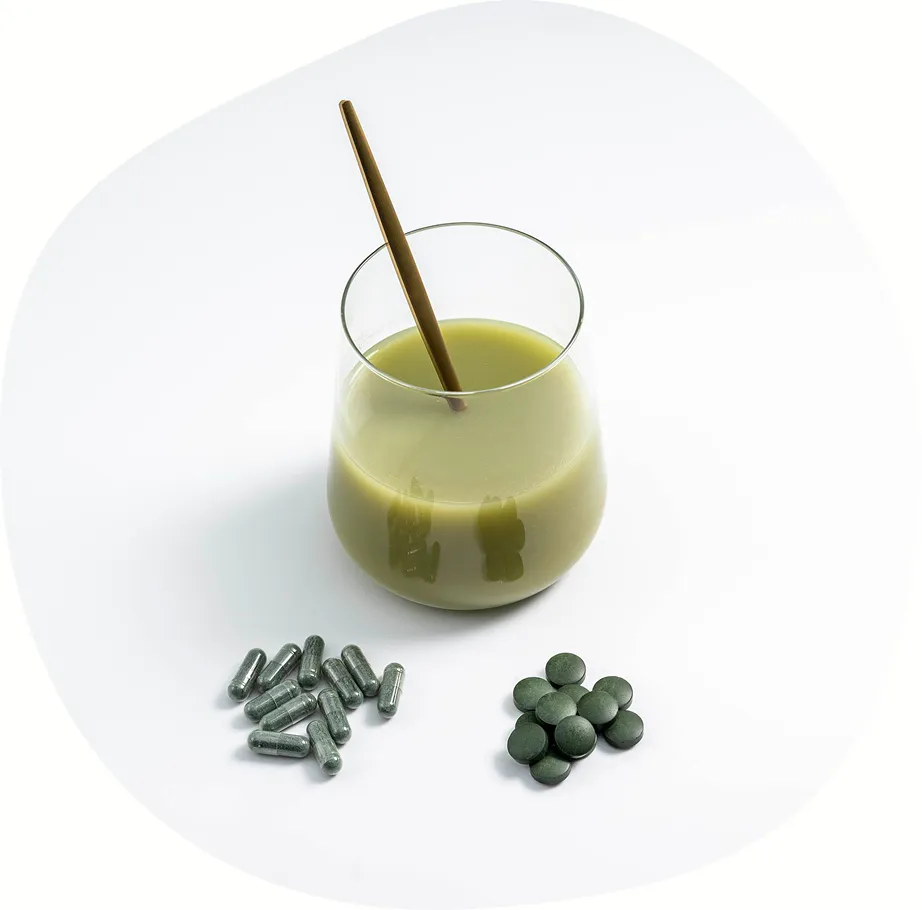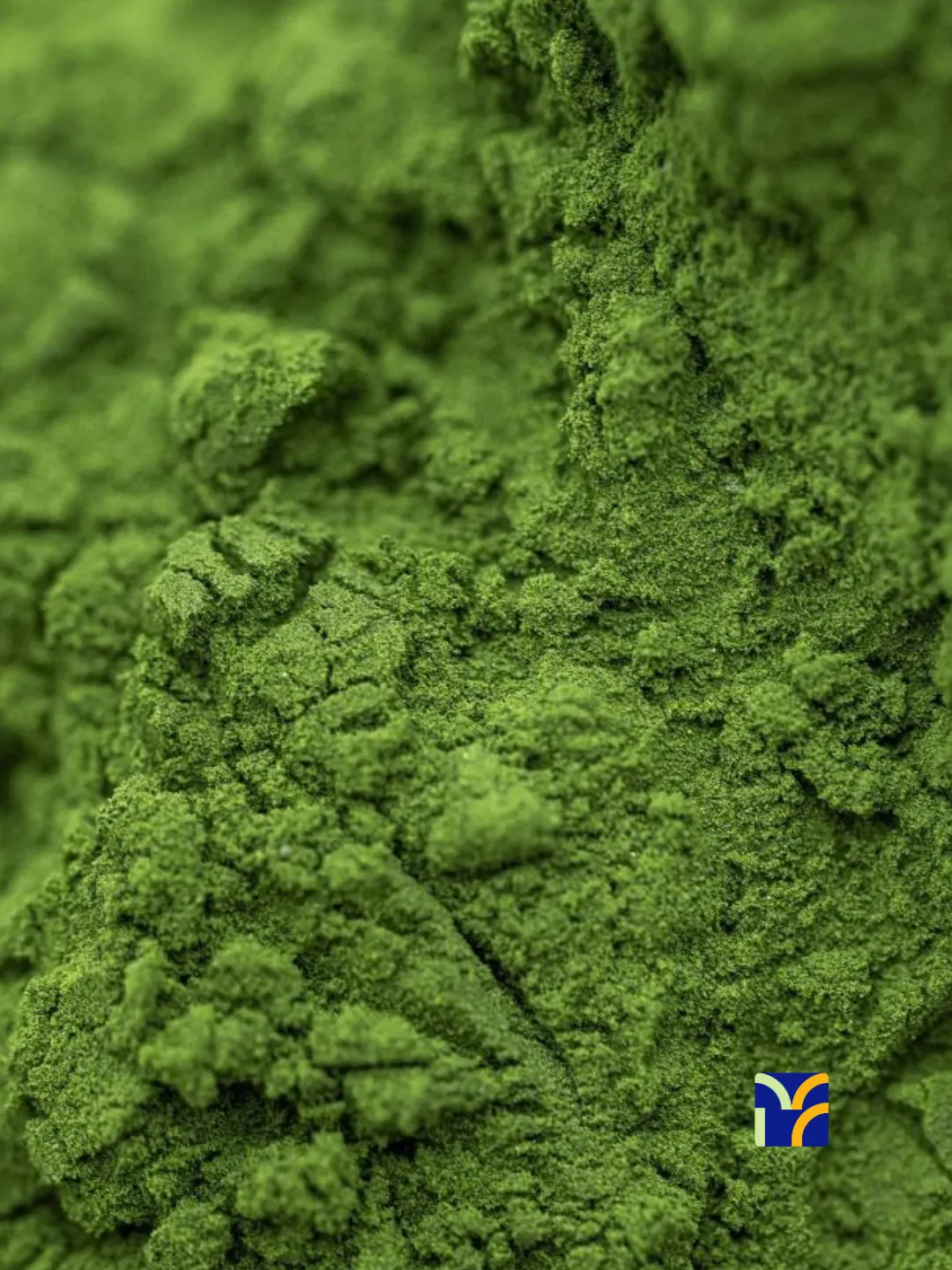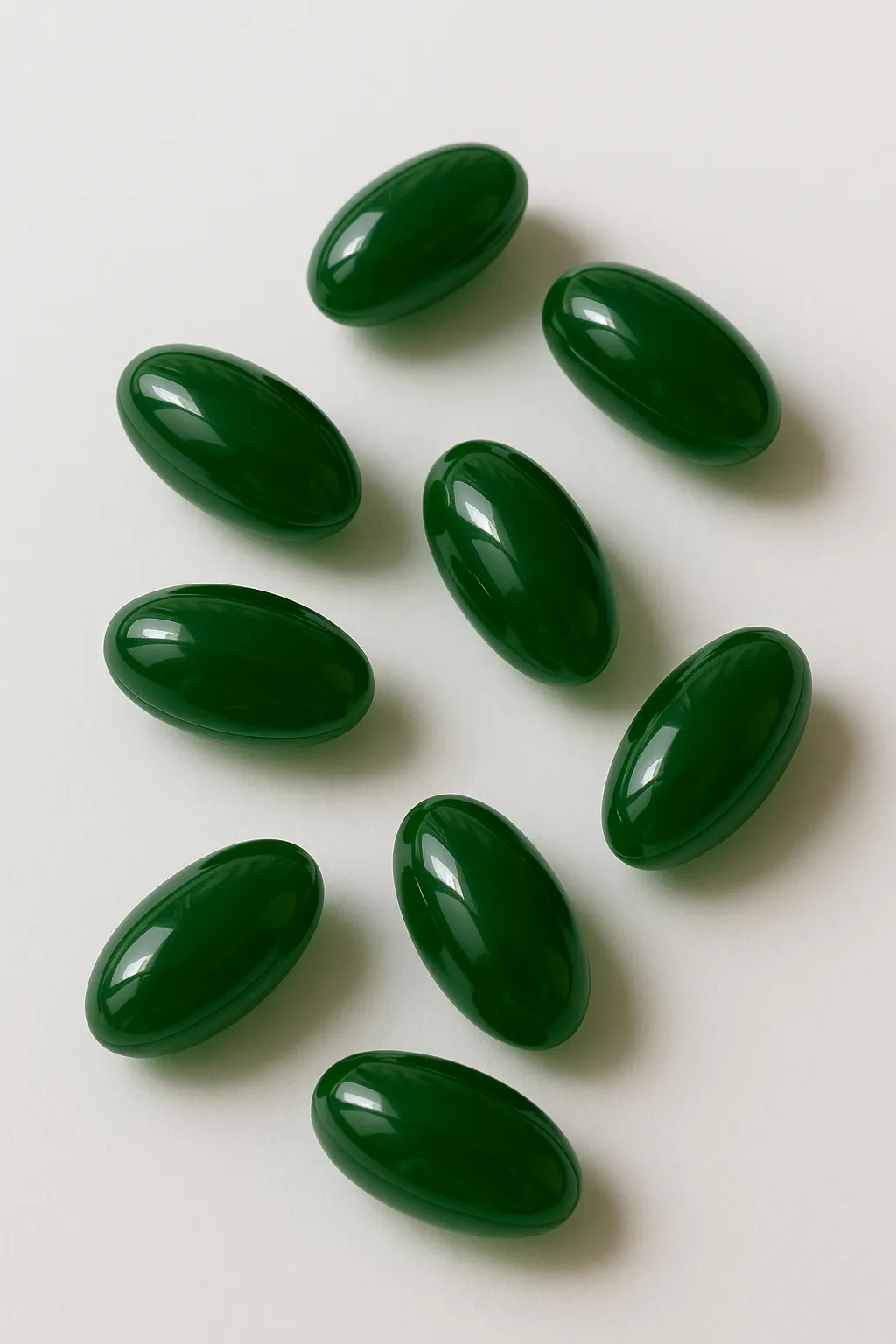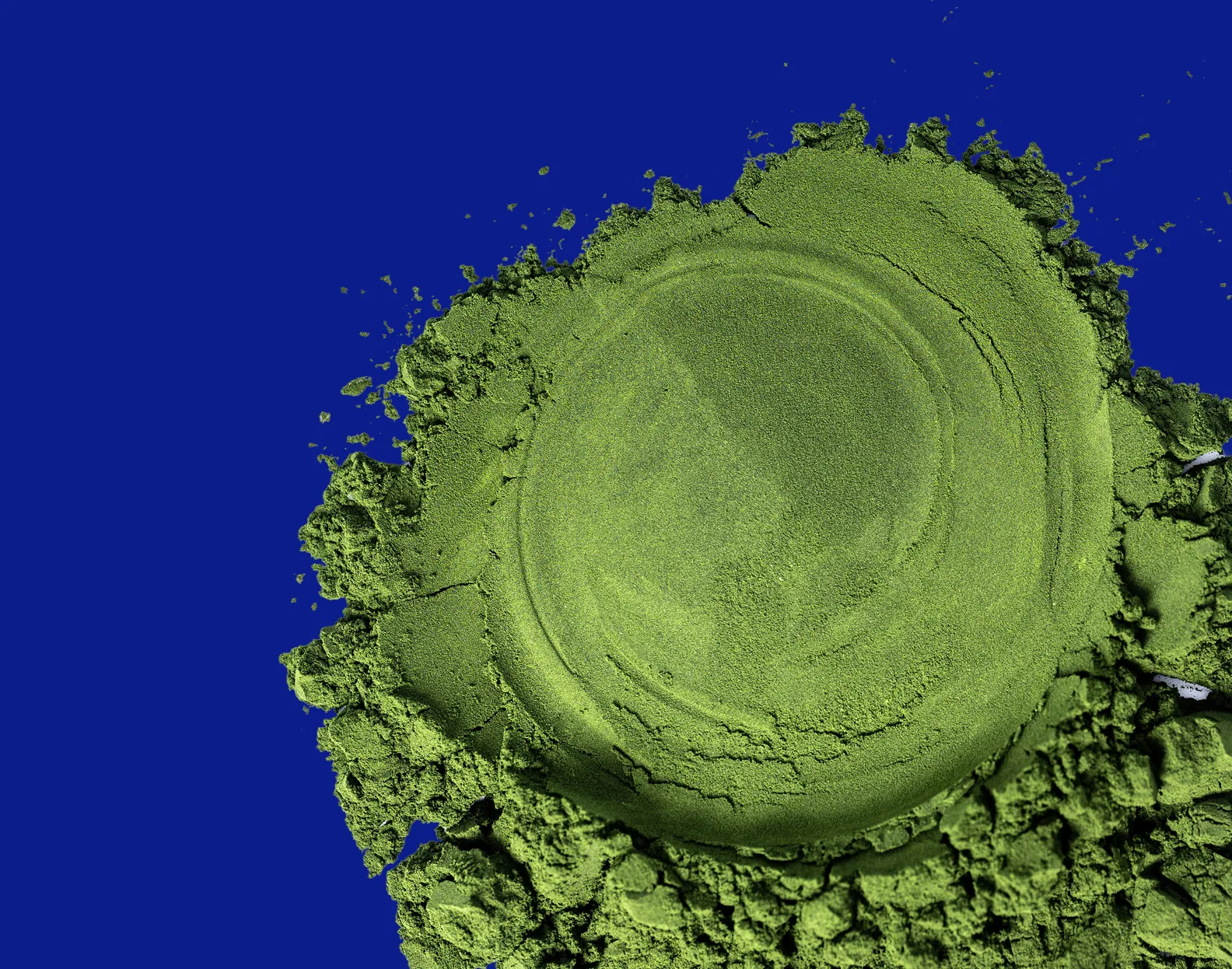NannOcea® in supplements
NannOcea® is a nutrient-rich marine phytoplankton ingredient made from Nannochloropsis oceanica, one of Earth’s most resilient microalgae. It provides a naturally concentrated source of bioavailable EPA omega-3, complete plant protein, polyamines, and essential micronutrients — all in a single, minimally processed whole-food powder.
Complete whole-food source: 100% microalgae, minimally processed
Supports multiple formulations: Fine, stable powder suitable for capsules, tablets, sachets, and functional blends
Clean-label compliant: Non-GMO, vegan, allergen-free, no additives
EU-made & certified: Produced in the EU under ISO 9001 & ISO 22000, with a fully traceable supply chain

Science-supported areas of benefit



.jpg)
.jpg)

Plant-based alternative to fish oil, contributing to anti-inflammatory and cardiometabolic support

All essential amino acids supporting muscle, recovery, and healthy aging including BCAAs, for muscle maintenance and recovery.
.jpg)
Carotenoids and chlorophylls offering oxidative stress protection
.jpg)
Linked to cellular renewal, metabolic health, and longevity pathways.
.jpg)
Naturally occurring vitamins, minerals, and trace elements for daily vitality
The nutritional profile of Nannochloropsis is supported by extensive scientific research, with peer-reviewed studies exploring its EPA omega-3 content, complete protein quality, antioxidants, pigments, and bioactive polysaccharides.
These components form a strong scientific foundation for supplement formulations targeting cardiometabolic support, inflammation balance, cognitive health, and overall nutritional vitality.
At Plankton First, we build on this research with controlled cultivation and gentle processing methods that preserve natural bioactivity — ensuring consistent purity and performance for advanced supplement applications.
1 Wang Y, et al. Dietary EPA supplementation reduces inflammation and the incidence of chronic diseases like cardiovascular disease. Clin Nutr ESPEN. 2023;59:123–130. doi:10.1186/s43162-023-00265-6.
2 D’Antona G, et al. Intake of branched-chain amino acids can favor post-exercise muscle recovery and improve muscle function in physically active adults. J Sports Med Phys Fitness. 2021. doi:10.23736/S0022-4707.21.11843-2.
.jpg)
.jpg)

.jpg)
%20(1).png)
Ready to
Formulate the Future ?
Partner with Plankton First to bring next-generation supplements to market with NannOcea®

